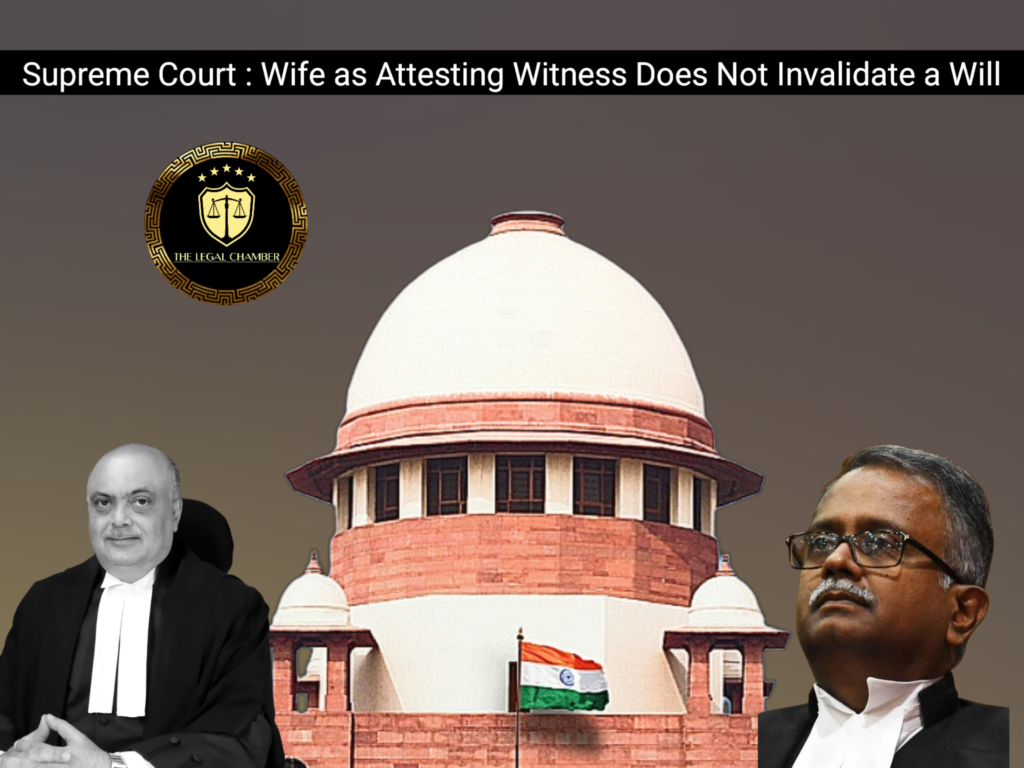
The Supreme Court held that the High Court erred in framing an additional substantial question of law under Section 100(5) CPC without foundational pleadings, issues, or recorded reasons. A will, once duly executed and proved, must be given effect to, and succession cannot be reopened on a new legal case at the second appeal stage. The testamentary disposition was upheld.
Facts Of The Case:
The case concerns a dispute over the estate of C.R. Pius and Philomina Pius. The couple executed a registered joint will in 2003, bequeathing their properties to their son, C.P. Francis (the Appellant), subject to the condition that he pay specific monetary sums to his siblings. After the parents’ deaths, the other children (Respondents) filed a suit for partition, claiming their parents died intestate. They alleged the will was invalid due to the testators’ lack of sound mental capacity and that it was procured by fraud and undue influence. Both the Trial Court and the First Appellate Court dismissed the suit, upholding the will’s validity. However, the High Court, in a second appeal, allowed the Respondents’ case by applying Section 67 of the Indian Succession Act, 1925. It declared the bequest void because one of the attesting witnesses was the Appellant’s wife, making her a beneficiary under the will. The Supreme Court reversed this decision, ruling the High Court could not introduce this new legal ground at the second appeal stage as it was not part of the original pleadings or issues framed.
Procedural History:
READ ALSO:Supreme Court Says No :Can You Change Your Mind After Cashing the Cheque?
Court Observation:
The Supreme Court made several key observations. It held that the High Court erred in exercising its jurisdiction under Section 100(5) of the CPC by framing an additional substantial question of law concerning Section 67 of the Indian Succession Act without any foundational pleadings, evidence, or suggestions to the witnesses on this point, and without recording reasons for doing so. The Court emphasized that a second appeal cannot be decided on a completely new case that the appellant was never required to meet in the trial. It reaffirmed the principle that a will, once duly executed and proved in accordance with the law, must be given effect to, and the testator’s wishes must be respected. Consequently, the testamentary succession as per the will was upheld, and the Appellant was directed to fulfil the monetary obligations stipulated therein.
Final Decision & Judgement:
Case Details:
Case Title: C.P. Francis vs C.P. Joseph and Others Citation: 2025 INSC 1071 Appeal Number: [@ SLP (C) No. 13348 of 2025] Date of Judgement: September 03, 2025 Judges/Justice Name: Justice S.V.N. Bhatti and Justice Ahsanuddin Amanullah
Download The Judgement Here